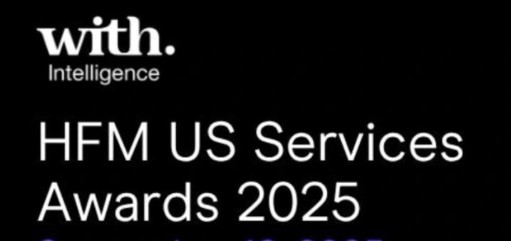About Loeb Smith
People
Sectors
Expertise
- Legal Service
- Banking and Finance
- Blockchain, Fintech and Cryptocurrency
- Capital Markets and Privatization
- Corporate
- Cybersecurity and Data Privacy
- Insolvency, Restructuring and Corporate Recovery
- Insurance and Reinsurance
- Intellectual Property
- Investment Funds
- Litigation and Dispute Resolution
- Mergers and Acquisitions
- Private Client and Family Office
- Private Equity and Venture Capital
- Governance, Regulatory and Compliance
- Entity Formation and Managed Services
- Consulting
- Legal Service
News and Announcements
Locations
Subscribe Newsletters
Contact
Cayman Exempted Mutual Funds will soon need to register with CIMA
06 February 2020 . 8 min readCayman Islands’ mutual funds which are currently exempted from registration with the Cayman Islands Monetary Authority (“CIMA”) under Section 4(4) of the Mutual Funds Law (2020 Revision) on the basis that (i) the shares or interests are held by not more than fifteen investors, (ii) a majority of whom are capable of appointing or removing the operator of the fund (“Section 4(4) Funds“) will be required, once the Mutual Funds (Amendment) Bill, 2020 (the “Bill”) becomes law, to register with CIMA and fall within CIMA’s regulatory purview.
The Bill does not propose a prescribed minimum initial investment amount and Section 4(4) Funds will not be required to file an offering document (or any amendments) with CIMA. Certain regulatory powers of CIMA which already apply to existing CIMA regulated mutual funds will also apply to Section 4(4) Funds once the Bill becomes law.
In connection with their registration with CIMA, each Section 4(4) Fund will be required to do the following.
- Pay an annual fee to CIMA.
- File a certified copy of an extract of its constitutional documents with CIMA showing that a majority in number of its investors are capable of appointing or removing the operator of the Fund.
- File with CIMA such other information as may be required in the prescribed form.
New Audit Requirement
Each Section 4(4) Fund will also be required to have its accounts audited annually by a firm of auditors on the CIMA approved list of auditors and file such audited accounts with CIMA within six (6) months of the end of each financial year of that Fund (along with an Financial Annual Return in CIMA’s prescribed form).
Audited accounts will be required to be prepared in accordance with the International Financial Reporting Standards or the generally accepted accounting principles of the United States of America, Japan or Switzerland or any non-high risk jurisdiction. The Bill defines a “non-high risk jurisdiction” as any jurisdiction that is not on the list of high risk jurisdictions issued by the Financial Action Task Force.
Timing for Registration for Existing Section 4(4) Funds
The Bill proposes that existing Section 4(4) Funds will have six (6) months from the date on which the Bill becomes law to register with CIMA and to comply with the new requirements.
An existing Section 4(4) Fund that registers with CIMA in 2020 will not be required to file its audited accounts in respect of any prior financial year.
This publication is not intended to be a substitute for specific legal advice or a legal opinion. For specific advice on the registration requirements for Cayman exempted mutual funds, please contact your usual Loeb Smith attorney or any of:
E: gary.smith@loebsmith.com
E: ramona.tudorancea@loebsmith.com
E: vivian.huang@loebsmith.com
E: yun.sheng@loebsmith.com
E: elizabeth.kenny@loebsmith.com
E: santiago.carvajal@loebsmith.com
Latest Updates and News
News | 03 July 2025
HFM US Services Awards 2025
Exciting news! We've made it on the shortlist for the HFM US Services Awards 2025 in two categories:

News | 30 June 2025
Key updates from the BVI FSC so far in 2025
With effect from 2 January 2025, amendments to the BVI Business Companies Act and Limited Partnership Act introduced stricter requirements for obtaining a Certificate of Good Standing (COGS).
News | 04 June 2025
Loeb Smith Attorneys acts as the BVI Legal Counsel to Pitanium Limited on NASDAQ listing
Hong Kong 2 June 2025 Loeb Smith Attorneys, one of the leading offshore corporate law firms, acted as BVI legal counsel to Pitanium Limited on its successful initial public offering of 1,750,000 Class A ordinary shares. The shares began trading on the Nasdaq Capital Market on 30 May...
News | 06 May 2025
Loeb Smith ranked by Lexology as Legal Influencers Q1 2025 for Private client…
Loeb Smith ranked by Lexology as Legal Influencers Q1 2025 for Private Client...

